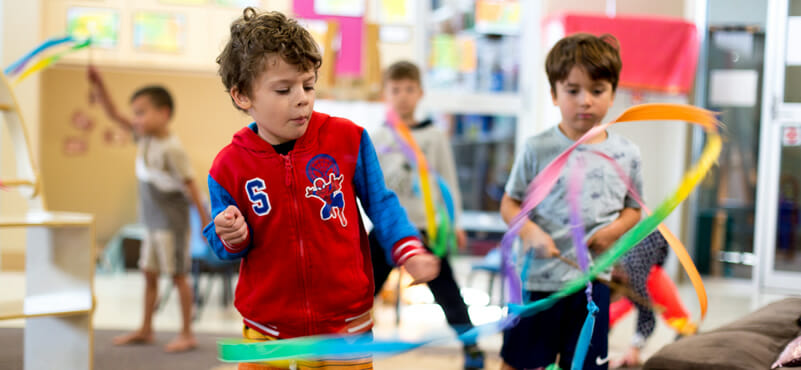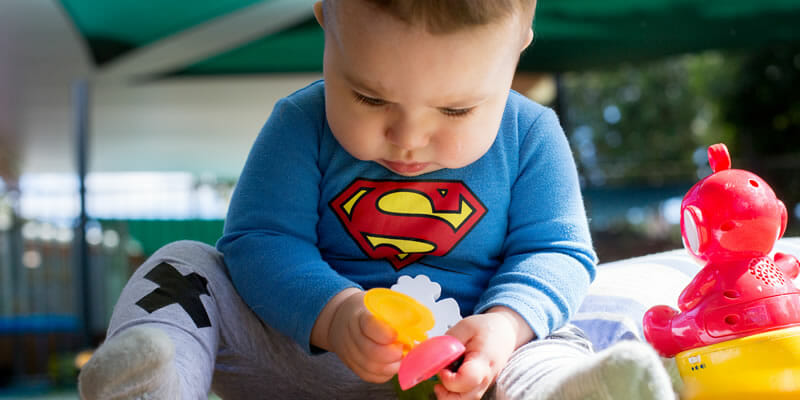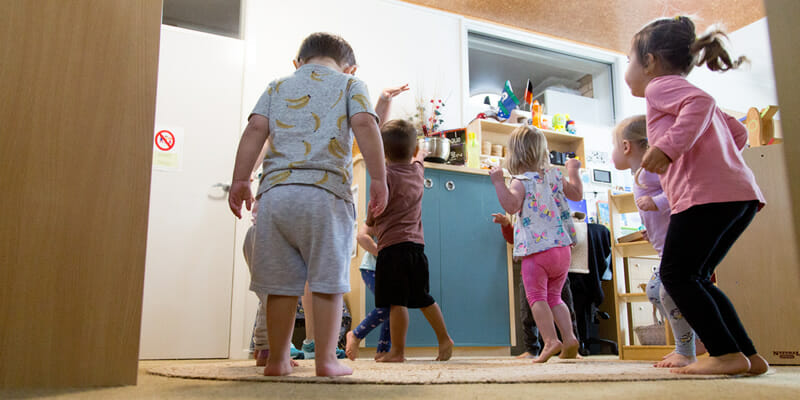
Dramatic play and learning
“A passion for the dramatic art is inherent in the nature of man” Edwin Forrest
Drama and role-play provides an important part of your child’s development in terms of self-discovery and expression of feelings in a safe and structured setting.
Dramatic art in our daily lives
We often take for granted just how much dramatic art is incorporated into our daily lives. It’s integral in so much of our passive and active entertainment. For example, when you wake up, you may turn on the TV for the morning breakfast show or the news. You may put on children’s programs whilst you all get ready for your day. This may be followed by daytime TV or regular nighttime shows before bed.
Add in a trip to the theatre or movies to these simple daily routines, and you can appreciate just how many actors you have watched perform, either live or on your screen. As well as the entertainment factor, all this helps improve your aesthetic sense (evoking feelings of happiness and calm) and helps you understand people and life situations better.
Creative Play
This is why we bring make-believe and creative play into early childhood learning, as the benefits are numerous to their emotional and social development.
There are two main types of dramatic play. These are structured and unstructured.
- Structured play is guided role-play by an adult where the goal is for a specific learning outcome.
- In unstructured play, children are given the freedom to choose how they express their creativity and imagination in pretend play.
Both are just as important as each other, and it’s encouraged as your child navigates their imagination and explores the world around them in a make-believe scenario.

Dramatic Play Benefits
“When children pretend, they’re using their imaginations to move beyond the bounds of reality. A stick can be a magic wand. A sock can be a puppet. A small child can be a superhero.” – Fred Rogers
Dramatic play helps children explore intellectual, social, physical and emotional aspects of their lives with key benefits as follows:
- It helps them to self-regulate in terms of controlling their impulses and work with others as they have set roles and rules.
- Teaches them how to resolve conflicts as they consider roles and responsibilities within the structured or unstructured dramatic play.
- They can explore their emotions in a safe setting, acting out what they have seen or heard to work through their feelings.
- It provides a fun way to learn how to read as part of the creative play; It could be a shopping list as they pretend to go to the supermarket or read a menu at a make-believe restaurant.
- Improves communication skills in all its forms, from body language to verbal articulation and actively listening.
- Builds confidence as they learn and take on various roles and increase their self-esteem and belonging within the play.
- It helps with their concentration skills as they need to pay attention and listen to ideas and take turns at certain times to ‘act’ in their roles.
- Improves numeracy skills. Going back to the shopping role, they may count how many items they need or how many tins of baked beans they purchase or provide to their ‘customer’.
- Creates friendships as they laugh and play, forming stronger bonds as they learn together.
- Last but not least of all, drama nurtures ‘creativity’. Through imagination and different ideas, creativity provides children with different perspectives that encourage problem-solving.

St Joseph’s Family Services Programs
We regularly incorporate drama and role-play into the children’s day. Every room has a ‘home corner’ set up that may be used as a kitchen area, dolls and puppets, a doctor or vet play space, a school, bus or cars etc.
Extending children’s imagination
We also use many natural and open-ended materials to extend their imagination, such as using leaves as play food or money in a pretend shop, pinecones that can become cars, spaceships, microphones for singing, or even hairbrushes!
Developing communication & confidence
Drama games and experiences include playing charades type games, dramatizing nursery rhymes and songs such as five cheeky monkey’s jumping on the bed and Miss Polly had a Dolly. When children engage in drama, they develop their communication skills and confidence as they act and speak in front of their peers. We want to foster and encourage confidence, creativity and language through fun and engaging learning experiences.
For more information, please contact us.







Leave A Comment